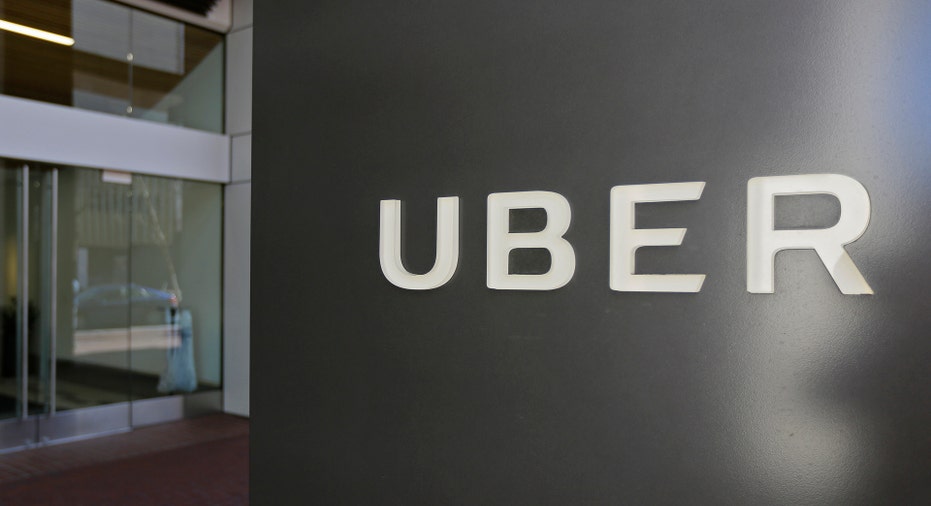Uber Works to Mend Relationship With Regulators

SAN FRANCISCO – Uber Technologies Inc is working to mend its relationship with regulators as pressure mounts for the company to improve its business practices and temper Chief Executive Travis Kalanick's aggressive leadership style.
Uber on Wednesday obtained the necessary permit to put its self-driving cars back on California streets, conceding to the state's rules after a public spat with regulators last year and initially refusing to apply for the $150 permit.
The permit allows Uber back into its home state and the chief testing ground for self-driving cars, where 26 other companies - including Alphabet Inc (NASDAQ:GOOGL), Tesla Motors (NASDAQ:TSLA) and Ford Motor Co (NYSE:F) - are competing for a piece of the autonomous vehicle market and have obtained state permits.
Also on Wednesday, Uber said it was prohibiting the use of its "Greyball" technology to target local regulators, ending a program that had been critical in helping Uber evade authorities in cities where the service has been banned.
The ride-hailing company had for years used Greyball, which effectively changes the app view for specific riders. The technology uses data from the Uber app and other methods to identify and circumvent officials who aimed to ticket or apprehend drivers in cities that opposed Uber's operations. Uber confirmed the existence of Greyball last week.
Uber is "expressly prohibiting its use to target action by local regulators going forward," Uber's chief security officer, Joe Sullivan, said in a blog post on Wednesday.
Sullivan said Uber had started a review of the program, and "it will take some time to ensure this prohibition is fully enforced."
Uber's efforts to repair its relations with regulators come amid a string of missteps that have sparked consumer backlash and raised investor concern. A former Uber employee last month published a blog post describing a workplace where sexual harassment was common and went unpunished. The blog post prompted an internal investigation.
Then, Bloomberg released a video that showed Kalanick berating a Uber driver who had complained about cuts to rates paid to drivers, resulting in Kalanick making a public apology. In addition, at least three high level executives have left Uber in the last couple of weeks.
Cities including Philadelphia knew about Uber's efforts to circumvent enforcement authorities, by either manipulating the app to show a user that no cars were available or blocking city officials' credit cards and phone numbers on the app.
The company on Wednesday said it was granted a permit to test two self-driving cars on California public roads. Uber had defied state regulations last year, arguing that its cars do not meet California's definition of an autonomous vehicle because they require constant monitoring by a person, so they did not require a permit.
California Department of Motor Vehicles spokeswoman Jessica Gonzalez confirmed the permit for Uber to test two self-driving cars on public roads.
Uber will not make the autonomous cars immediately available to passengers, according to an Uber spokeswoman, who spoke on condition of anonymity.
The company needs time to build up its fleet and go through the various regulatory requirements such as getting the vehicles smog tested and registered, the spokeswoman added.
Uber's efforts to rebuild its self-driving program come as the company faces a lawsuit from Alphabet Inc's self-driving car unit, Waymo, which accuses Uber of stealing designs for technology for autonomous cars known as Lidar. Uber has said Waymo's claims are false.



















